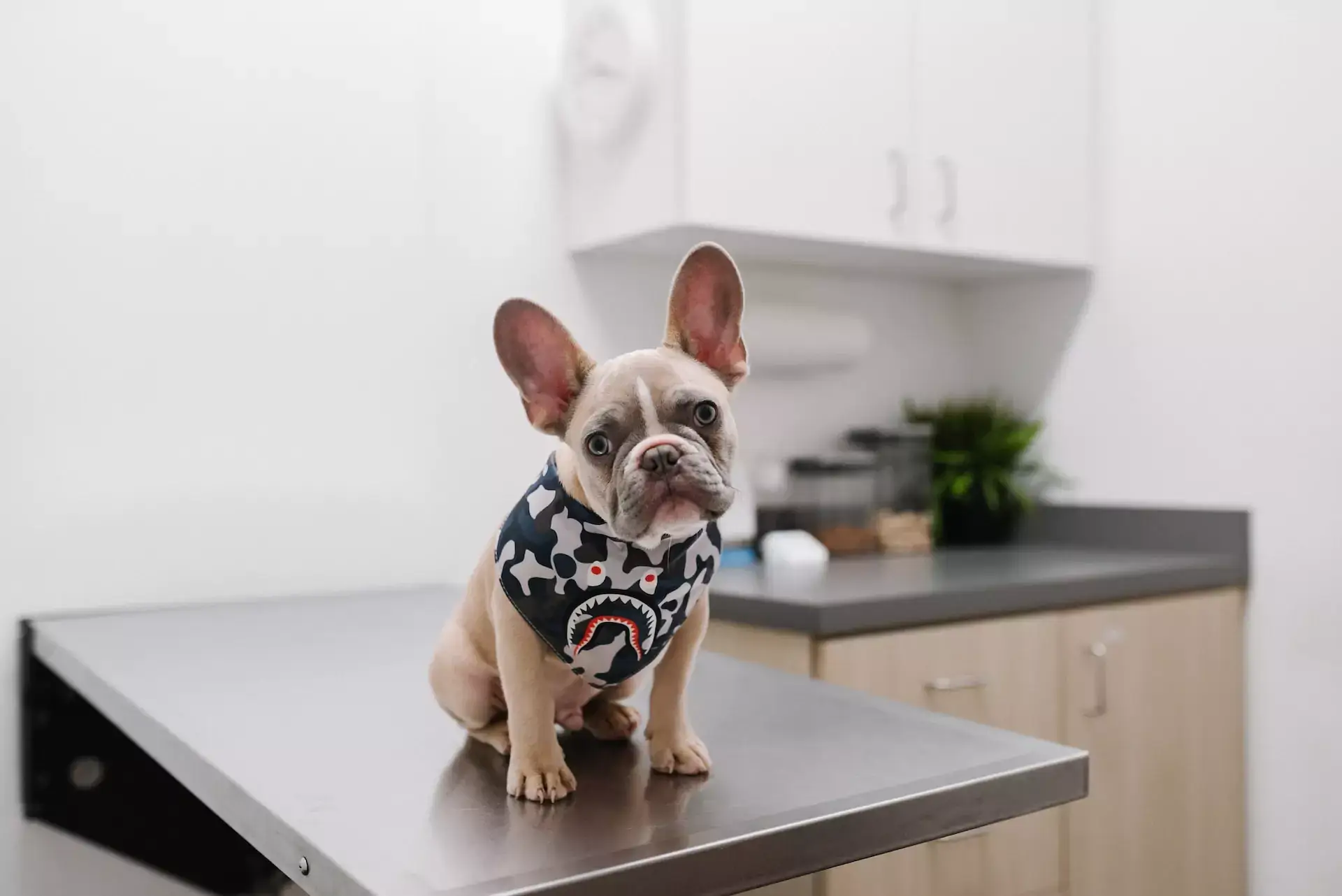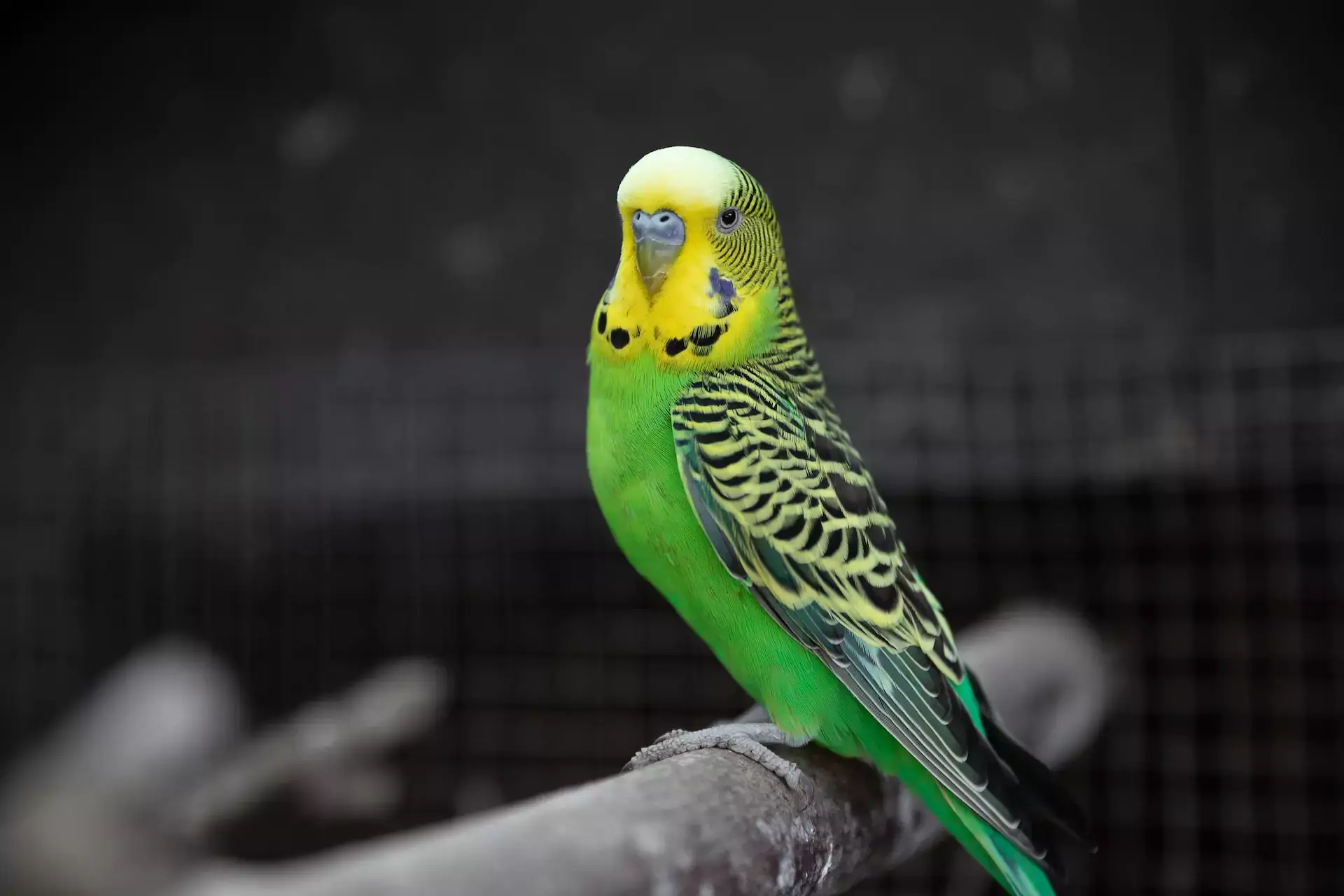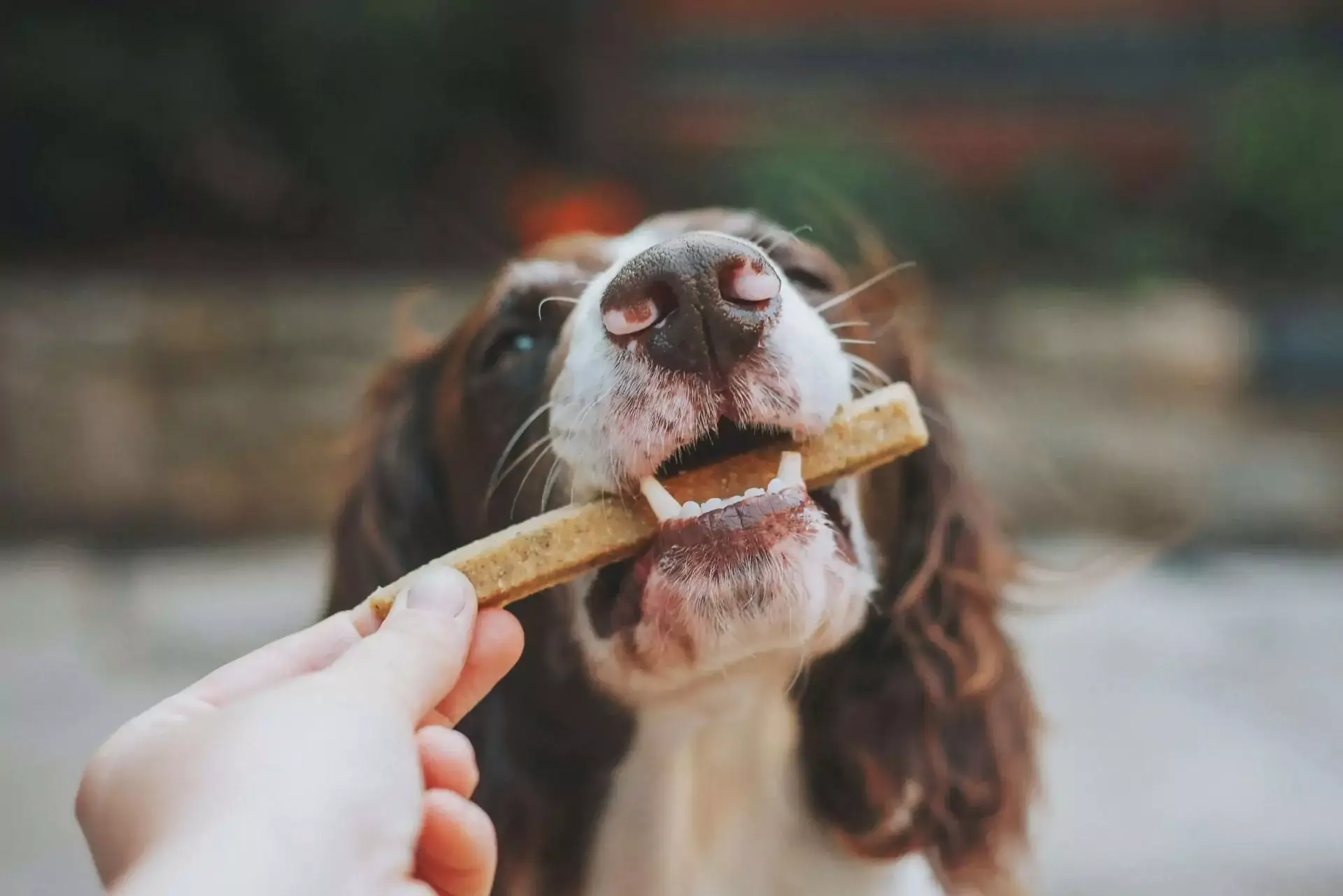Our canine companions come in all shapes and sizes. We love them all! While dogs all have very different personalities and preferences, they have at least one thing in common: they all love treats! Giving your pooch a yummy snack isn’t exactly rocket science. However, there are a few things to keep in mind. In this article, a local Syracuse, UT vet provides some suggestions.
Can I Feed My Dog People Food?
Fido’s menu should be based on high quality dog food. That said, there are some things that Fido can safely consume. Some good options include unseasoned meat, fish, and poultry (without the skin, bones, or fat). Fido may also enjoy things like eggs and rice. Dogs can also have certain fruits and veggies, like apples, bananas, blueberries, sweet potatoes, spinach, peas, and carrots.
Just keep in mind that not everything is safe for our furry friends. Always research any new foods before offering them to your dog.
What Foods Are Dangerous To Fido?
Many of our favorite foods are definitely not safe for pets. Garlic, onions, scallions, chives, pitted fruit, raw dough or yeast, avocado, alcohol, chocolate, grapes, raisins, and anything with xylitol, salt, sugar, or fat are all unsafe. You should also avoid giving your dog any meat with bones; fruits with seeds or pips; and/or caffeine. Ask your Syracuse, UT for more information on safe and unsafe foods.
What Are Tips For Choosing Safe Dog Treats?
Always read the label carefully when choosing dog treats. It’s important for you to make sure that your pet’s snacks only contain wholesome, nutritious ingredients. The label should list meat, fish, and poultry first and most frequently. Avoid products with ingredient lists that read like chemical experiments … that may very well be what they are.
Size is important here as well. Your pup should also only be given objects that are suitable for his size. Anything made for a larger or smaller dog could damage his teeth or even cause him to choke!
It’s not a bad idea to keep an eye out for recalls. You can follow updates on the FDA’s website or the AVMA’s website here. Your Syracuse, UT veterinarian may also be able to offer recommendations.
Who Invented Dog Biscuits ?
Man’s Best Friend has been a part of our lives for thousands of years. Some studies say that dogs have been standing faithfully by our sides for as long as 30,000 years! If that’s true, then we can guess that Fido has been asking for scraps for 29,999 years, 11 months, and 29 days.
As to the dog biscuit, well, that seems to go back pretty far as well … possibly even back to the Roman Empire. The old manuscript ‘Farm Topics’ by Roman poet Marcus Terentius Varro mentions feeding Fido meat and milk-soaked barley.
Virgil also had something to say about Fido’s menu, stating: “Nec tibi cura canum fuerit postrema; sed una Veloces Spartae catulos, acremque Molossum, Pasce sero pingui.” That means “Don’t leave the care of dogs until the last; feed fast Spartan hounds and fierce Mastiffs.”
We can also find some clues in medieval texts. Gaston III, the 11th Count of Foix, wrote about doggy diets in a 14th-century French manual, noting that he fed his greyhounds bran bread and hunted meat.
Several hundred years later, in the early 1800s, a businessman named James Spratt created the first modern dog biscuit, using wheat, vegetables, beetroot, and beef blood. In 1907, chemist Carleton Ellis created another version. He also gave Fido’s cookies their iconic bone shape, thereby officially launching the milk bone that Man’s Best Buddy still wags his tail for today.
Do Dogs Need Treats?
Although treats are not required to keep Fido physically healthy, they certainly contribute to his happiness and well-being. As mentioned above, they are great for training, bonding, and just brightening up your pet’s day. They can also help give Fido a sense of routine, which is also very beneficial. For instance, you might want to give him a small treat after his walk.
Just take care not to go overboard. Ideally, you’ll want to keep treats to a maximum of five to ten percent of Fido’s daily caloric intake. That may take some resolve on your part and some training on Fido’s part, but it’s important! Our canine pals are expert beggars, and they know how to melt our hearts with those sad puppy expressions. Don’t let your pet fool you into overfeeding him. Consult your Syracuse, UT veterinarian for advice.
Can I Make Homemade Dog Treats?
Sure! Homemade treats are a great option for dogs with allergies or dietary restrictions. Another advantage is that you will know exactly what your pup is eating. This can also be a good way to use leftovers, like all that extra turkey you have after Thanksgiving.
The majority of Fido’s treats begin with a base or batter. Some ingredients you could use include ground meat, sodium-free broth, fat-free yogurt, liver powder, bananas, peanut butter without xylitol, pumpkin puree, eggs, whole wheat flour, wheat germ oil, and sodium-free broth. If you want to customize Fido’s snacks, add safe fruits and vegetables like peas, green beans, or spinach. You can also incorporate shredded meat or cheese, bacon bits, cheese, or kibble.
You might want to consider buying a dog treat maker. This neat little appliance is much like a waffle maker or panini press, but has bone-shaped pockets for the batter. Fido probably won’t care whether or not his treats are bone-shaped, but it can help separate pet treats from people treats. These can also make cute gifts for people with pups of their own. (Note: if making treats to give away, include ingredients on the label.)
Here are a few recipes you can try:
- Use a food processor to combine beef, whole-wheat flour, eggs, and cheese. Pour into a brownie pan and bake at 375 degrees for about 20 minutes.
- Mix pumpkin puree, peanut butter, two large eggs, and some whole-wheat flour. Bake for 15 minutes at 400 degrees Fahrenheit.
- Combine eggs, whole-wheat flour, olive oil or wheat germ oil, bacon bits, shredded meat or cheese, or kibble, and cook at 350 degrees for 30 minutes.
- Put plain shredded or canned chicken together with cheese, bacon bits, whole-wheat flour, and sodium-free chicken broth in the oven for 15 minutes.
You can find more great recipes online. You can also make your own, or mix and match. Just make sure you use only safe ingredients. Always read labels! Never use baby food that contains unsafe foods, such as garlic, onions, avocados, or any other harmful ingredients in baby food.
Should I Give My Dog Rawhide?
Although popular with dogs, rawhide can be dangerous, particularly to pups who chew vigorously. The problem is that it can break into small and/or sharp pieces, thereby posing a serious choking hazard. If ingested, rawhide can also cause serious—and potentially fatal—internal problems. Stick with safer treats instead.
In conclusion: Giving your dog treats can be beneficial for him in many ways. Just stick with safe options, and take care not to overfeed your pup.
Do you have any questions about feeding your dog biscuits? Is your canine buddy due for an exam? Contact us here at your Syracuse, UT veterinary clinic!



